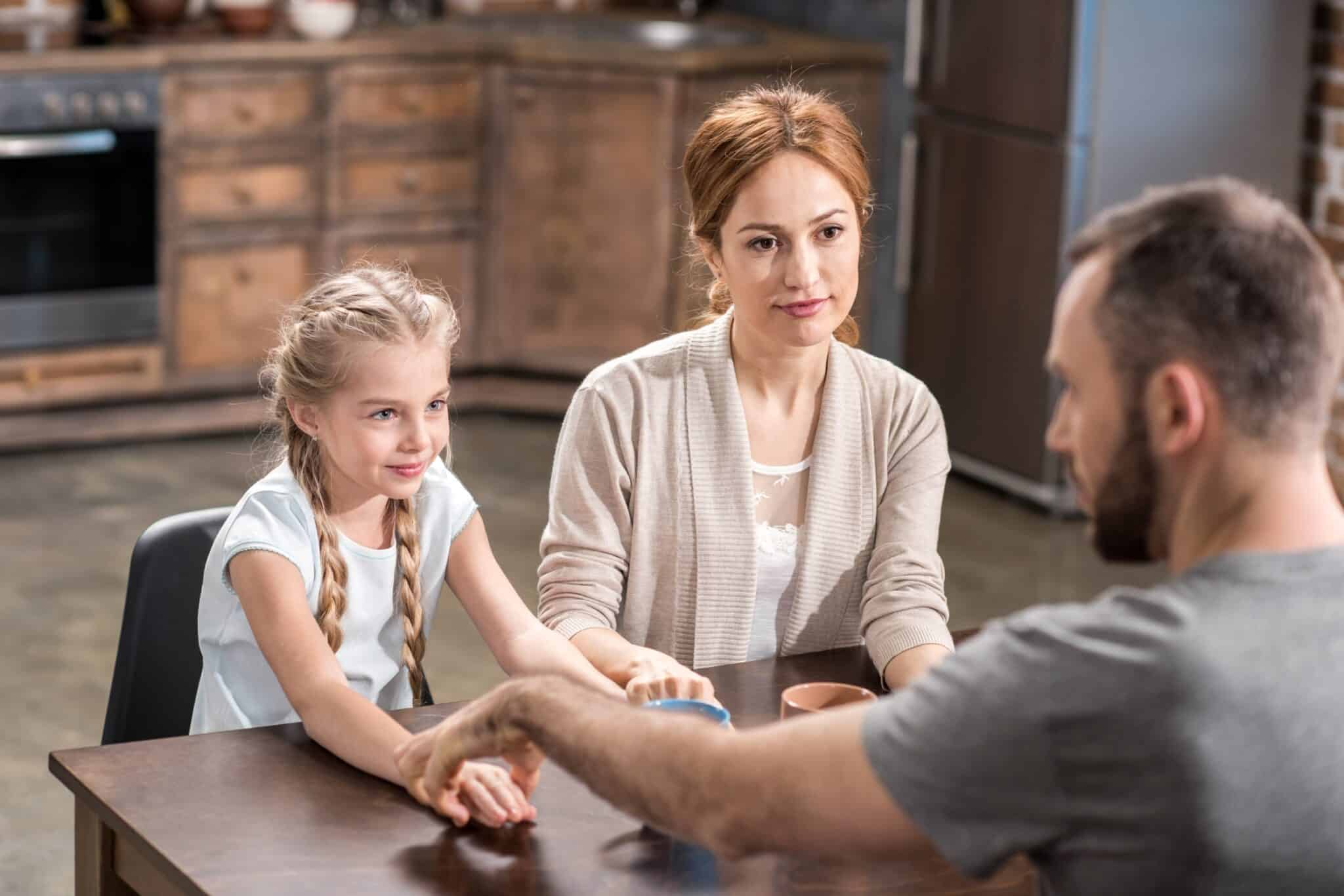Once a court issues an order, it generally cannot be changed without a showing of…
Key Insights on Protecting Parental Rights During Divorce – Guest Post

Divorce is tough! There is no easy way around that. And when you have kids, it is not just about splitting assets or signing papers. It becomes about making sure your role as a parent stays strong regardless of how the family structure shifts.
If you are in the middle of that, you might be feeling overwhelmed and unsure of how things will play out. But here is the thing- knowing what your rights are and how to protect them can help you step forward with more clarity and confidence. And it all starts with understanding what those rights look like when everything feels like it is changing at once.
What Parental Responsibility Really Means
You may have heard the phrase parental responsibility thrown around during your divorce process. But what does that actually mean for you? In simple terms, it refers to your legal duty as well as your right to make important decisions for your child. That could be related to the school they attend or the medical care they receive, among other things. It also includes how you guide them through everyday life.
What is worth knowing is that this responsibility is not tied to how much time your child spends with you. Even if your child lives with the other parent most of the time, you still have a say in the major decisions unless a court decides otherwise.
Now, day-to-day stuff- like what they eat for lunch or what bedtime looks like- can usually be decided by the parent who is with them at the moment. But when it comes to bigger choices, like relocating to another state or switching schools, both parents need to be involved. And if you cannot agree, either of you can ask the court to step in. A judge then steps in to decide what is best for the child.
That process can feel heavy, but keeping the focus on your child’s well-being can help guide those conversations- even when emotions are high.
Understanding Custody and Your Parenting Role
When most people hear the word custody, they think of who the child lives with. But there is more to it than that. Custody is actually divided into two parts- legal custody, which is the right to make decisions for your child, and physical custody, i.e., where your child lives day to day. You can share legal custody even if you do not have equal physical time.
Sometimes, parents are able to sort things out between themselves. In those cases, you may want to make a written parenting plan that lays out the schedule and how time is divided. This can save everyone a lot of stress, especially the child. But if communication breaks down, mediation can help. A trained mediator can help both parents talk things through and hopefully find some common ground.
If you are still not able to agree, the next step might be court. A judge can issue what is called a Child Arrangement Order. That order spells out where the child lives, who they spend time with, and how often. The court’s number one priority will be your child’s well-being. Judges tend to consider everything, be it your child’s needs, their preferences, if they are old enough to share them, or any concerns about their safety.
This is where having a family lawyer can be quite helpful. They can walk you through the process, help you understand your options, and make sure your voice is heard in a way that keeps the focus where it belongs- on your child.
Ensuring Your Voice is Heard
One of the best ways to protect your parental rights? Stay actively involved in your child’s life. That means showing up to school events, staying in touch with teachers, attending medical appointments when possible, and simply being available.
It can also be helpful to keep records- not because you want to use them against the other parent, but because they show a clear picture of your involvement. Notes from school, shared calendars, and even texts or emails between you and the other parent can be useful if questions come up later.
But besides the paperwork, remember to take care of yourself, too. This process is emotionally exhausting, and it is okay to need support. Whether that means therapy, trusted friends, or just someone who listens without judgment, your well-being matters here. You are still a parent in the middle of all this- and that role deserves attention, support, and care.
Conclusion
A divorce can change a lot. But it does not change the fact that you are still your child’s parent. Your role is not erased because the family structure shifts- it just evolves.
Protecting your rights means staying informed, staying involved, and staying focused on what your child needs. It is not always easy, and there may be moments where it feels very distressful. But when you keep your child’s best interests at the heart of every step, you are already doing one of the most important things a parent can do, which is showing up for them when and where it matters the most.
